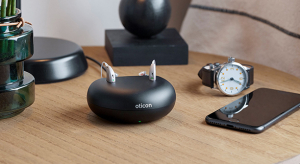Last week, we spoke to you about the rising cost of living crisis that we are all facing. We discussed whether hearing aids are worth the money. So, we thought it would be a natural progression to go on to discuss how you can ensure your hearing aids last for as long as possible…
The better you care for your hearing aids, the longer they will continue to serve you. We all know that computers don’t last forever, in particular small computers, such as smartphones. You need to think of your hearing aids as mini super computers – they are not going to last you forever. Do not misunderstand us though; your hearing aids are designed to withstand wear and tear. They are not incredibly delicate devices. You do not need to spend excessive amounts of time worrying about causing damage to them. If you follow our top tips, you can attempt to prolong their life as long as possible.
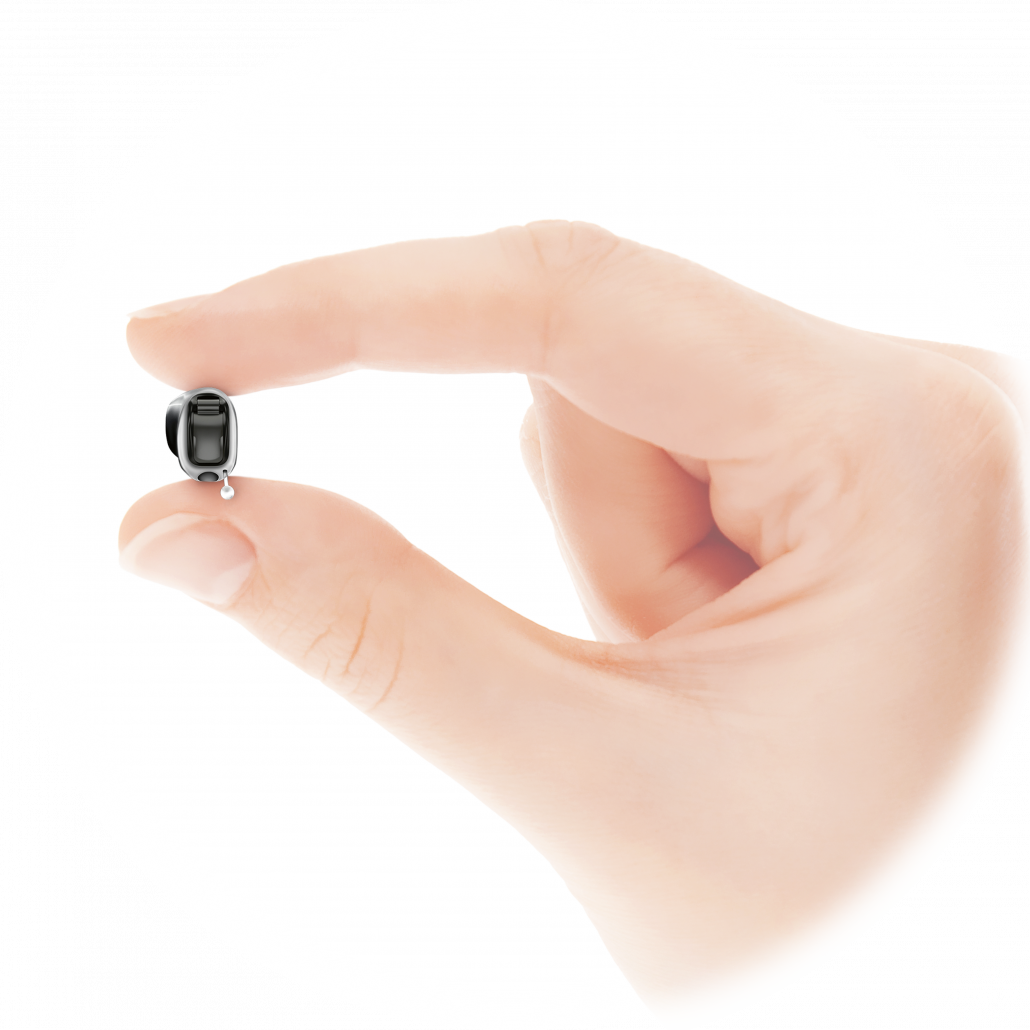
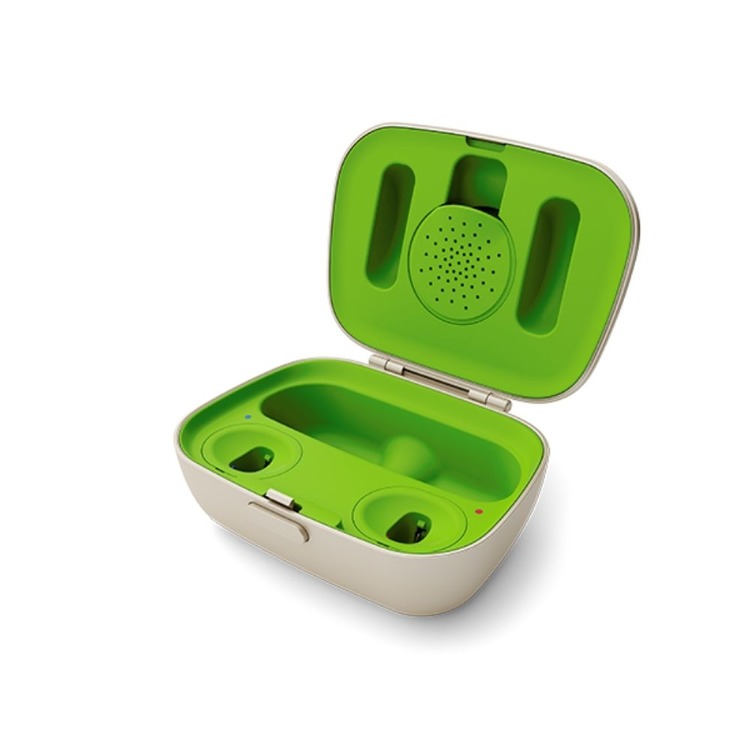
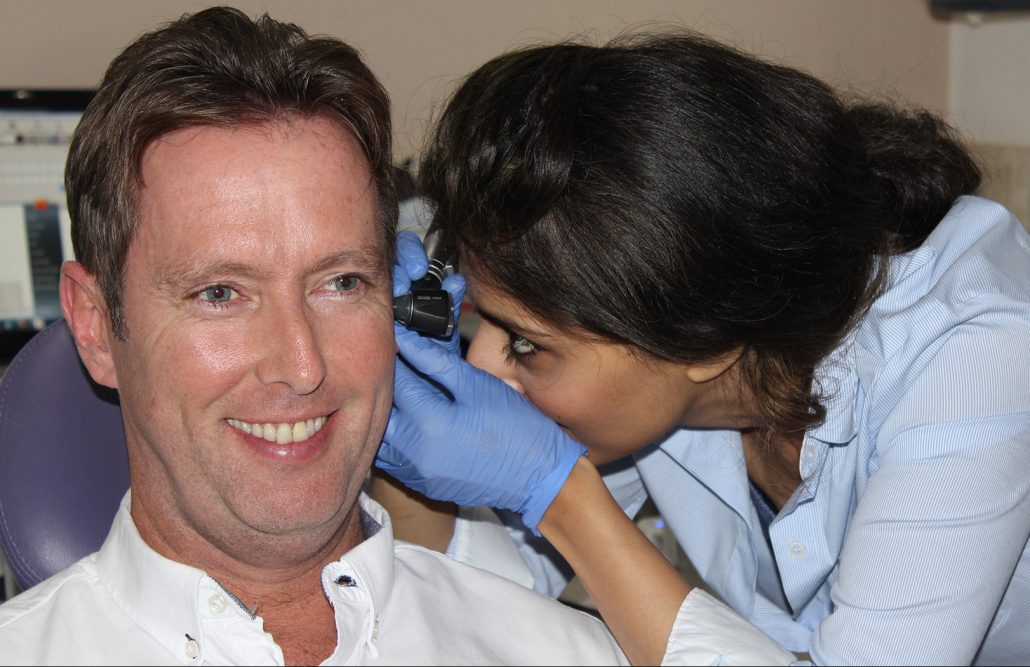
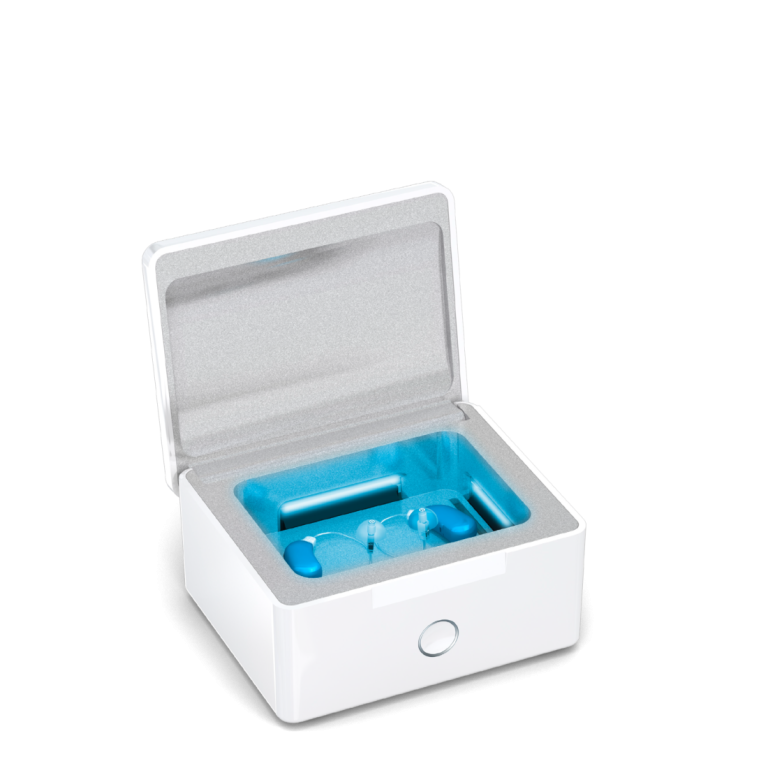
Keep up with your appointments
We advise that everyone has 6 monthly check-ups for to ensure they are always in tip-top working order. The good news is that if you purchase your hearing aids with us, you get 2 years’ worth of aftercare appointments included in the price! At your appointments, your aids will be re-programmed to your current hearing loss. If you are feeling unsure about changing your wax filter and dome, make sure you ask your hearing healthcare professional to show you again during your appointment. These should be changed at least once a month (unless you have been told otherwise).
Store them safely
When you are not wearing your hearing aids, it is always best to store them in their case. It can be tempting to pop them in a pocket or a gym bag but they are notoriously easy to lose given their small size. They could even fall out of a pocket and be gone forever. Even at night, it is best to store them in your case and not just on the bedside table. This also protects them from dust and foreign bodies while they are on the bedside table overnight.
Summer use
We have spoken to you before about how hearing aids can suffer from moisture build-ups in the summer months. This is due to the fact that we tend to sweat more in warmer weather. The sweat creates a condensation build up inside your hearing aids which can potentially cause damage. During these months, you should always give your aids a chance to dry out each evening when you go to bed. You can even purchase a hearing aid dryer specifically for instances like this.
The beach
Unfortunately, as much as we love the beach, your hearing aids really don’t. You will need to make sure you take a little extra care of them during any trips to the seaside. Any exposure to sand, saltwater and suncream needs to be avoided. We definitely suggest not handling your aids at all if there’s any chance any sand is left on your hands and you should remove your hearing aids while applying suncream. It goes without saying that if you go for a dip, don’t take the aids with you! The best advice we can give is to take your case with you and store them safely in there if possible.
Getting wet
Your hearing aids are designed to deal with everyday situations such as getting caught in the rain so don’t panic too much when this happens. It would be a good idea to carry an umbrella with you when the weather is looking as though it may rain just so you can offer them the best protection possible. If you think your aids have gotten wet, the best advice we can give is to remove the batteries (if applicable) and leave the battery doors open overnight. You can also use a hearing aid dryer as mentioned above.
Keep them free of chemicals
We would suggest that hearing aids are removed before any make up is applied and also before using hair spray or similar spray products. There is no real reason to be overly concerned but doing this will prevent any chemicals from coming into contact with your aids and in this situation we are firm believers in being safe rather than sorry!
The main thing to remember is that they are a sturdy bit of kit and you don’t need to be excessively worried about them, but we do think it’s important to do everything you can to keep them in good condition and reduce the risk of having to upgrade them earlier than you’d like. As always, if you need any further advice, please do get in touch.



